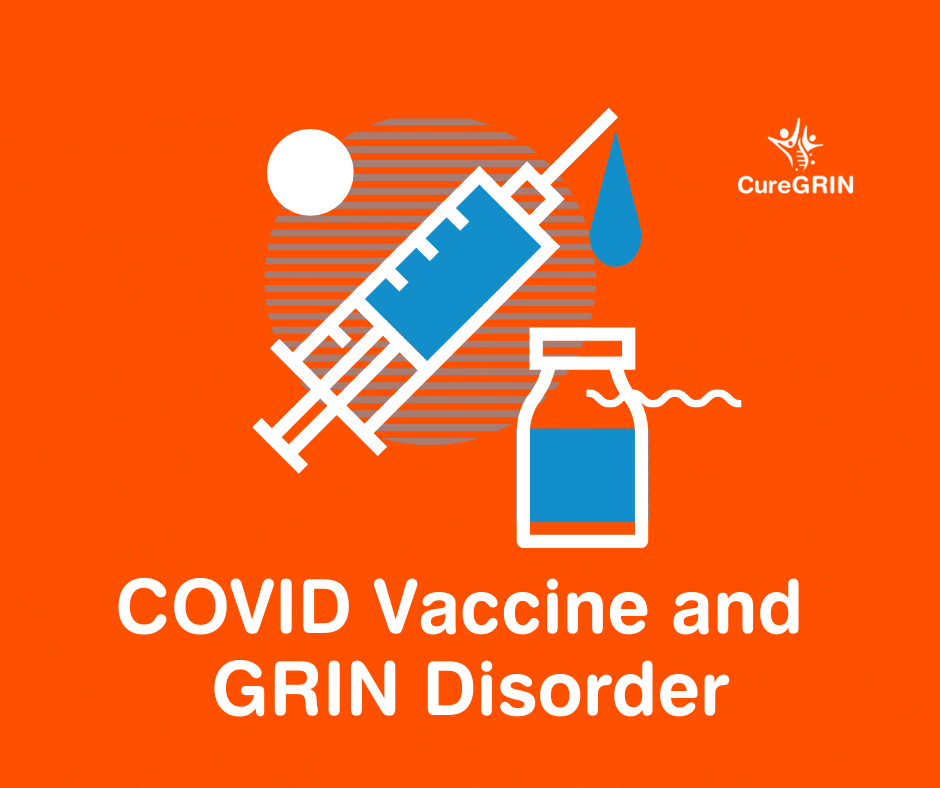Should people with GRIN Disorder be vaccinated for COVID-19?
Share This Post

With countries around the world beginning to roll out the COVID-19 vaccine, some parents are wondering whether they should vaccinate kids with GRIN Disorder. So, we asked doctors who treat our kids for advice.
We’ve posted the entire Q&A below, but here are their key takeaways:
- People with GRIN Disorder should get vaccinated when vaccines are approved and available.
- Since the vaccine won’t immediately be available for children, the best way for parents and caregivers to protect their kids is to get themselves vaccinated as soon as possible.
CureGRIN asked the following questions to various doctors working GRIN patients. The following answers were provided by Dr. Tim Benke and endorsed by the physicians named at the end of this post.
Should I get my child with GRIN Disorder vaccinated against COVID–19?
Yes. And parents, caregivers, teachers, and therapists should all be vaccinated too. Vaccination is key to getting us all back into schools and therapies.
Some people say this vaccine has been rushed. How do I know it’s safe for my child with complex medical needs?
While this vaccine has been developed faster than any other vaccine, a broad slice of the population—including those with common chronic conditions like asthma, diabetes, and hypertension (though not with rare diseases)—were enrolled to test for safety. No treatment can be guaranteed to be 100% safe and super rare reactions are likely. In balance, vaccination meets greater needs for returning to education and therapies and preventing what could be life-limiting infections.
Can I give my child the first available vaccines or do I need to wait until it’s approved for children?
When available to children, it will be approved for children. In the meantime, the best way for parents and caregivers to protect their children is to get themselves vaccinated.
Are people with GRIN Disorder considered high-risk for COVID–19?
We consider many GRIN individuals to be high-risk for severe COVID-19 infection because they often have swallowing problems and have difficulty coughing.
Might GRIN patients or their parents / caregivers get early access?
These access decisions are in process and if any have influence, then now is the time to exercise that. In our opinion, early access should be for all individuals with neurodevelopmental disorders and their care-givers. These decisions are likely to be influenced both nationally and locally.
What are the risks of getting my child vaccinated?
Many will have a relatively minor, brief, flu-like reaction to all vaccines that should be treated with medicines like acetaminophen or similar. Some people get more serious reactions to vaccines, but this is extremely rare—maybe one in a million.
What are the risks of not getting my child vaccinated?
Serious illness or death due to COVID, reduced access to therapies and educational opportunities.
People with GRIN Disorder have a range of complex symptoms. Can you think of any special cases where I should not vaccinate my child?
No—unless specifically noted by the vaccine manufacturer due to specific allergy or specific reaction to a prior vaccine.
What else can I do to protect my child from COVID19? Masks worn by all, hand-washing, social distancing, social isolation.
Dr. Tim Benke, University of Colorado and Colorado Children’s Hospital, USA
Dr. Àngels García Cazorla, Hospital Sant Joan de Déu Barcelona
Dr. Johannes Lemke, Leipzig University, Germany
Dr. Maura RZ Ruzhnikov, Stanford University and Lucile Packard Children’s Hospital, USA
Dr. Eric Marsh, Children’s Hospital of Philadelphia, USA
Read more Posts
CureGRIN honors award winners at #GRIcon2023 Gala
At the 2023 GRI conference in Boston, MA, the CureGRIN Foundation recognized 17 amazing people/organizations with our first-ever GRI Patient Impact Awards

